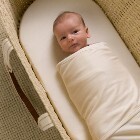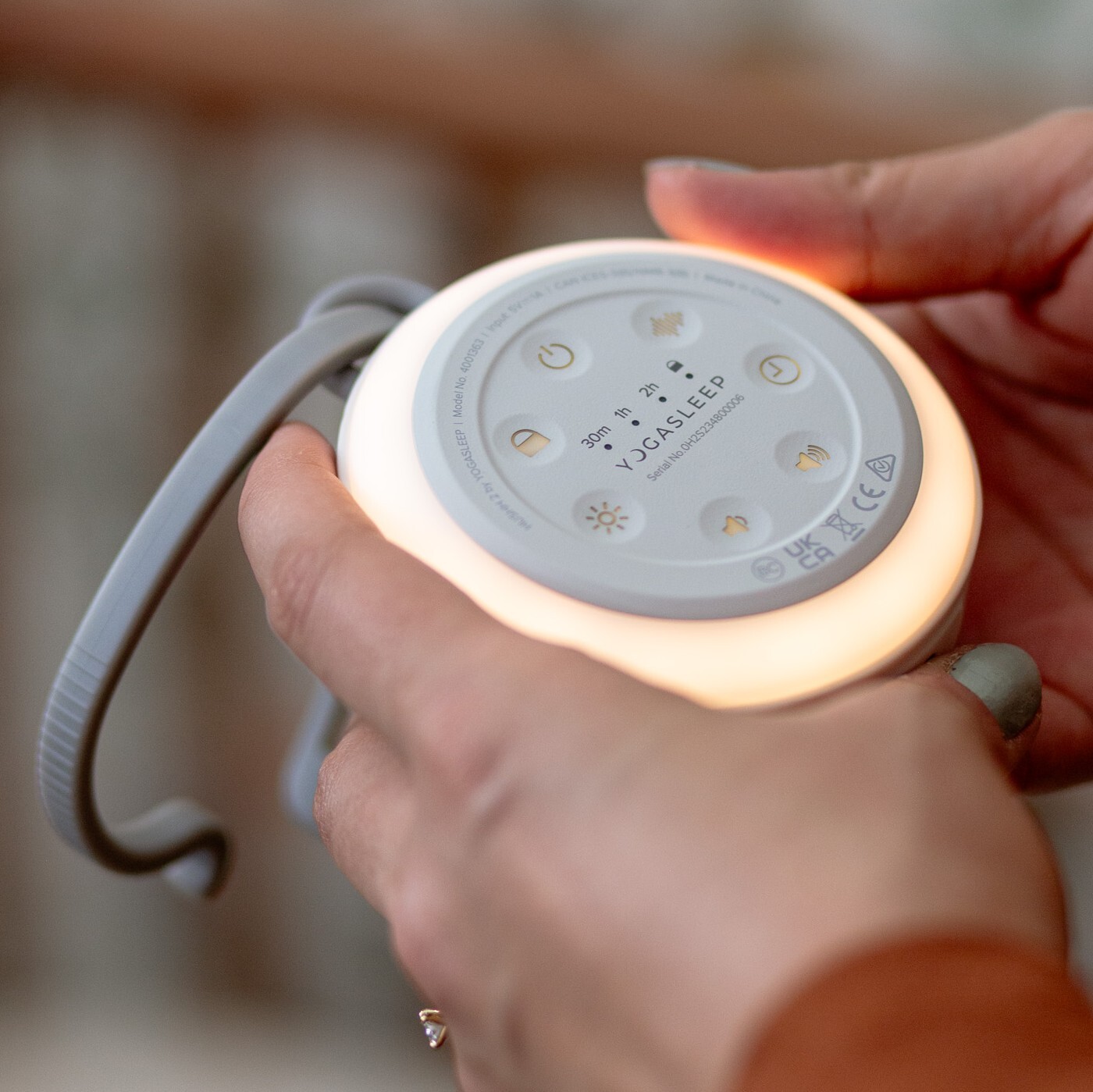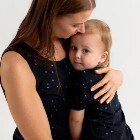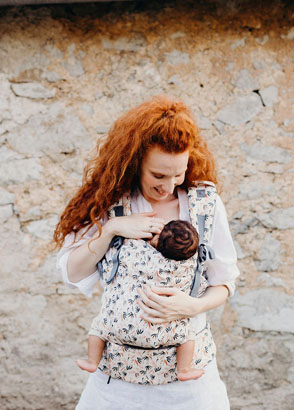When babies are newborn, how they fall asleep often doesn't have too much impact on their sleep. You may be feeding to sleep and your baby is sleeping through the night, or having good day sleeps. This is because newborns drift in and out of sleep cycles, and haven't yet learned habits of how they get to sleep.
One impact of feeding a newborn to sleep can be catnapping. This is particularly true if you feed a baby to sleep, then transfer them to their bassinet. They may sense you are not there when they wake or miss the sound of your heart-beat, and will wake up shortly after being put down.
Plus you may also feel that you are feeding all the time or stuck to the sofa, as if you move your baby will wake up!
One option is to change your routine, so you use Feed, Play, Sleep. This means you feed your baby when she wakes, rather than right before she needs to sleep. Your baby will feed better as she is hungry and alert, rather than snacking and falling asleep.
There is no need to do a 'top up' feed before your baby gets into bed. If you observe tired signs, pop your baby into bed and use settling techniques such as white noise and swaddling to get her to sleep.
Be aware that baby sleep changes significantly at about 4-5 months. A baby who is fed to sleep and has been sleeping all night will likely start waking again after 4-5 months. If the feeding to sleep continues, many babies go back to waking 4-6 times or more every night, wanting the powerful breast milk/sucking/cuddle combo to get back to sleep.
The sooner you start to teach your baby to fall asleep without feeding, the easier it is likely to be!






















